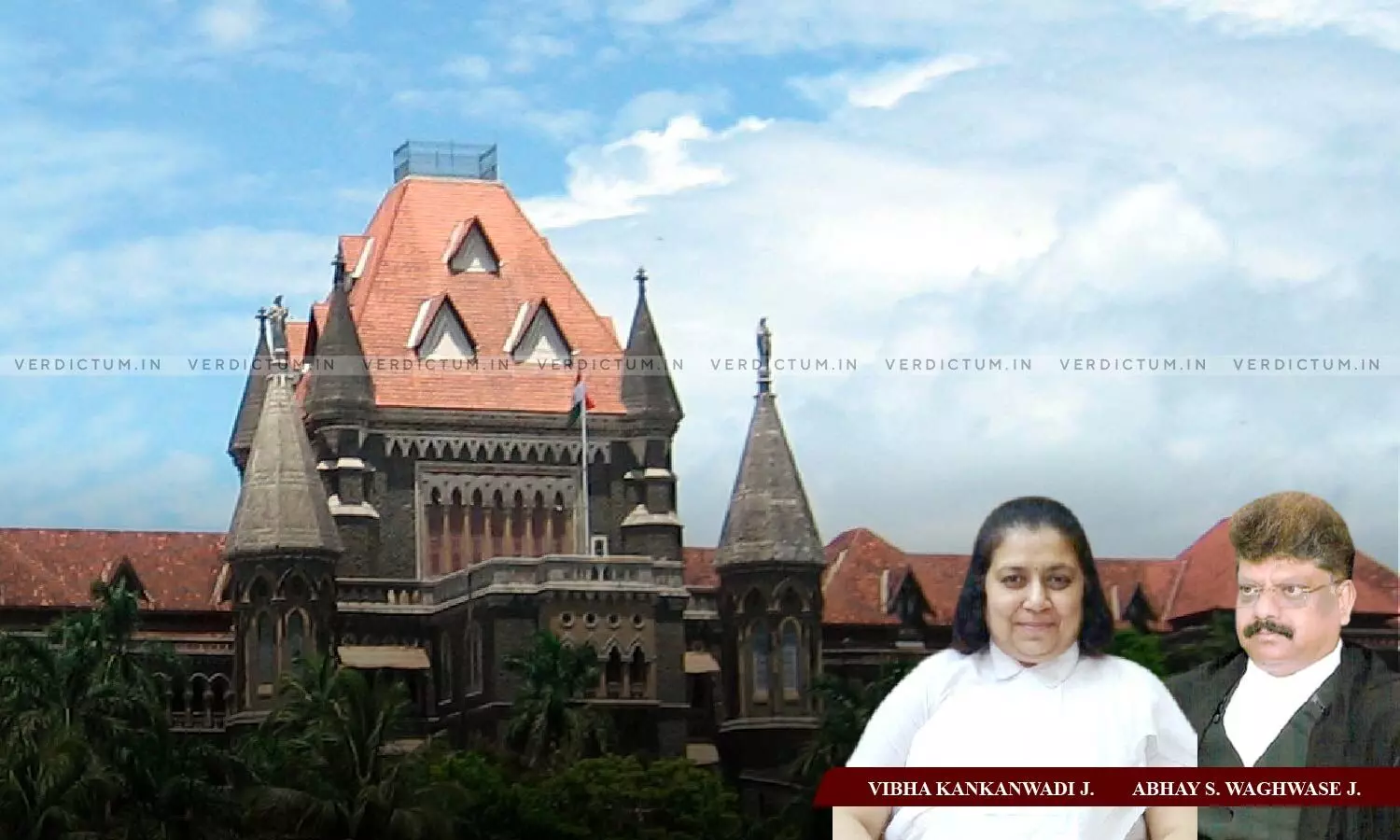
Trial Judge Went Overboard In Granting Life Imprisonment Till Natural Death U/s. 302 IPC: Bombay HC Commutes Sentence
 |
|The Bombay High Court, Aurangabad Bench while partly allowing an appeal has upheld the conviction of a man for murder of his wife, however, has commuted his sentence from “to suffer life imprisonment for the entire remaining of his life” to “imprisonment for life”. The bench was of the opinion that the trial court went overboard while going beyond the mandates of Section 302 of the Indian Penal Code (IPC) which prescribes punishment for murder with death, or imprisonment for life, and also fine.
While agreeing with the appellant in the matter, a bench comprising Justice Vibha Kankanwadi and Justice Abhay S. Waghwase observed, “…that learned Trial Judge has gone overboard by imposing sentence of suffering life imprisonment till natural death. Very recently, the Hon’ble Apex Court in the case of Narendra Singh @ Mukesh @ Bhura v. State of Rajasthan has held that ‘Sessions Court is not empowered to extend tenure of imprisonment beyond what is provided in the Statute’. Punishment prescribed for offence punishable under Section 302 of the IPC has not been amended or enhanced. Wordings used in the Statute are required to be adopted”.
The Court had appointed Advocate Harshita M. Manglani for the appellants, and APP S.D. Ghayal appeared for the respondent state.
In the present matter, the appellant was convicted for killing his wife by pouring kerosene over her and setting her ablaze resulting into 87% of burns, who while taking treatment had succumbed to the injuries. As per the averments made the appellant was an alcoholic who suspected his wife's fidelity.
However, the deceased recorded two dying declarations while taking treatment, and the crime was registered on the basis of the second dying declaration recorded for the offence under Section 307 of the IPC. But because the deceased succumbed to the injuries, therefore, the crime was converted into Section 302 of the IPC and the appellant was arrested, charge-sheeted and tried which culminated in the impugned sentence.
The appellant while contending that dying declarations are unworthy of credence and thus cannot be said to be consistent, even doubted the capacity and fitness of deceased to give statement. Further even argued that despite the fact that there is evidence of child witness, however was inconsistent with the version given by the deceased and thus the motive attributed in the dying declaration and her version is also contrary.
Further while referring to an array of judgments argued that the sentencing policy adopted by the trial Judge was not open for the Additional Sessions Judge to direct the appellant to suffer imprisonment for entire period of remaining of his life.
The bench, however, refused to acknowledge any of the judgments relied upon by the appellants, as the facts of the present case were distinct. Therefore, the bench noted, “In our opinion, evidence about history behind the occurrence or what preceded the occurrence i.e. raising suspicion about character and thereafter, pouring kerosene and incinerating has not been disturbed or shaken. Mere failure of Doctor to not to issue certificate on the very statement and rather endorsing or certifying on other communication, itself will not be a good ground to raise doubt about the capacity of the deceased to give dying declaration. Even otherwise it is fairly settled that certificate by Doctor is mere rule of caution and not a necessity. Therefore, oral evidence of the witness, who has scribed the dying declaration, has not been rendered doubtful”.
While noting the testimony of their daughter, the bench also observed, “We have also accepted both the dying declarations to be worthy of credence. In both the dying declarations, role of appellant has categorically come on record. Therefore, even if we discard evidence of child witness, still there are dying declarations, which are not only consistent but are also shown to be voluntary, truthful and inspiring confidence. Therefore, there is no hurdle in accepting the dying declarations for recording the guilt of appellant”.
Accordingly, while modifying the sentence, the rest of the order passed by the Additional Sessions Judge was maintained.
Cause Title: Bapu Bajarang Patil v. The State of Maharashtra [Neutral Citation: 2023:BHC-AUG:22788-DB]
Click here to read/download the Judgment